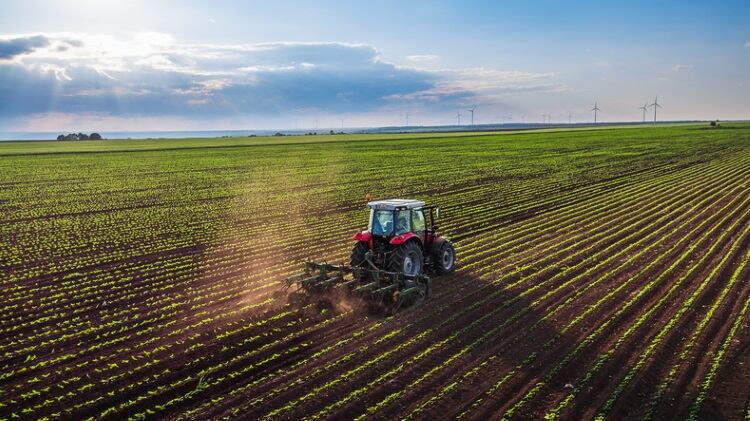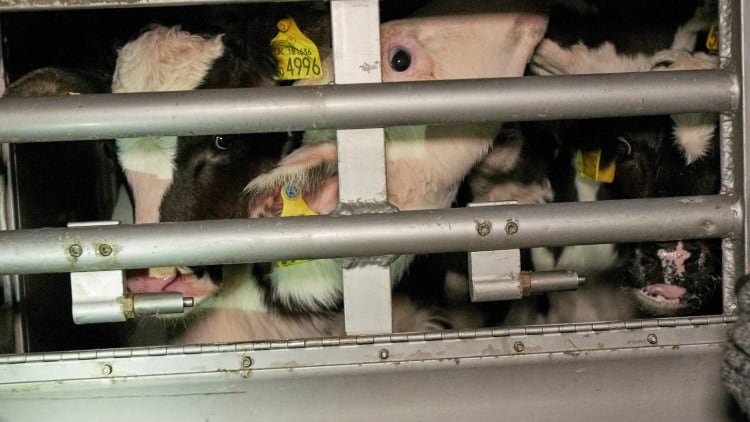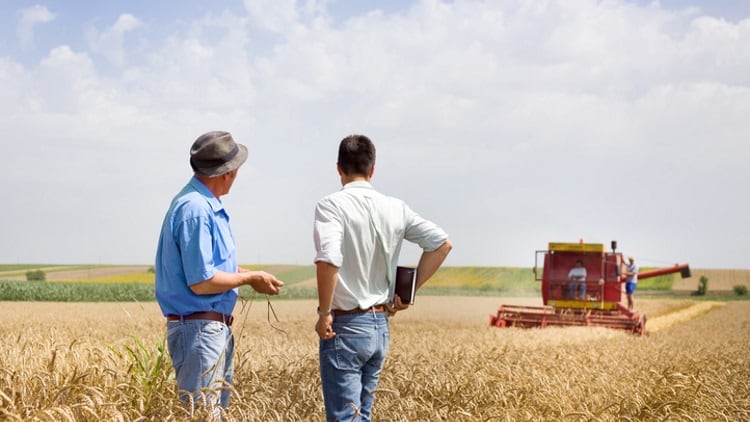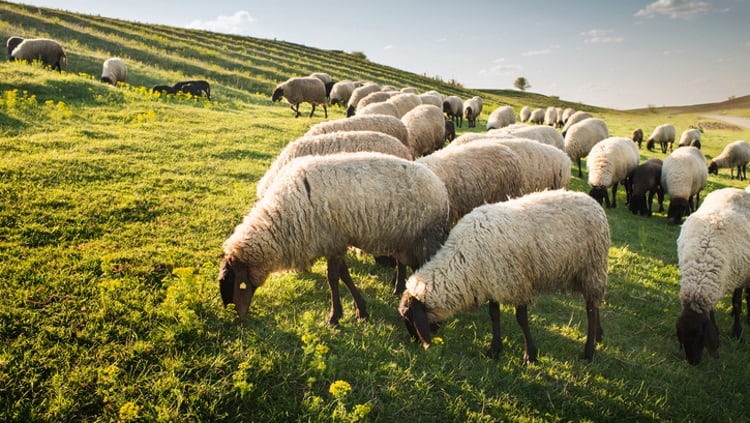The Commission has adopted revised rules on state aid in the agriculture sector, increasing the maximum amount that national authorities can use to support farmers without the need for prior approval from the Commission.
The Commission said the decision would allow EU countries to increase support for farmers without distorting the market, while reducing the administrative burden for national authorities.
“The Commission's proposal for new state aid rules for the agricultural sector reflects the value of this form of support in times of crisis,” said the European Commission’s agriculture and rural development Commissioner Phil Hogan.
“By increasing the maximum aid amount to farmers, national authorities will have more flexibility and be able to react more quickly and more effectively to support vulnerable farmers. In some cases, the amount of state aid that can be provided to individual farmers will be increased by 66%. These new rules will continue to accompany the normal rules for notified state aid, which member states may continue to apply.”
As part of the move, if a country does not spend more than 50% of its total national aid funding on one particular agricultural sector, then it may use the ‘de minimis’ aid per farm to €25,000.
The de minimis aid is typically used by member states when they need to act quickly without setting up a scheme in accordance with state aid rules. It is also commonly used to help prevent or eradicate animal diseases, or to compensate farmers for damages caused by animals that are not protected under EU or national law, such as wild boars.
The funding for farmers is set to come into force from 14 March.




